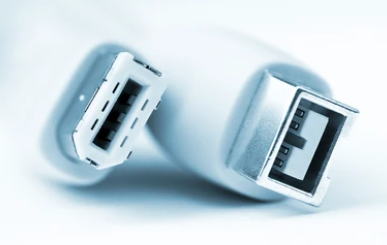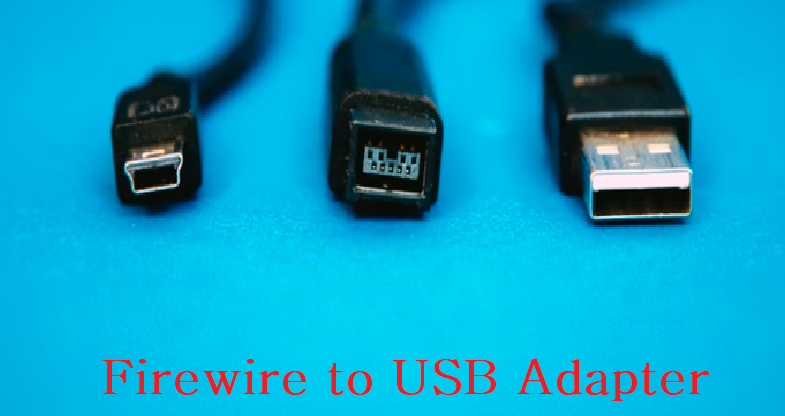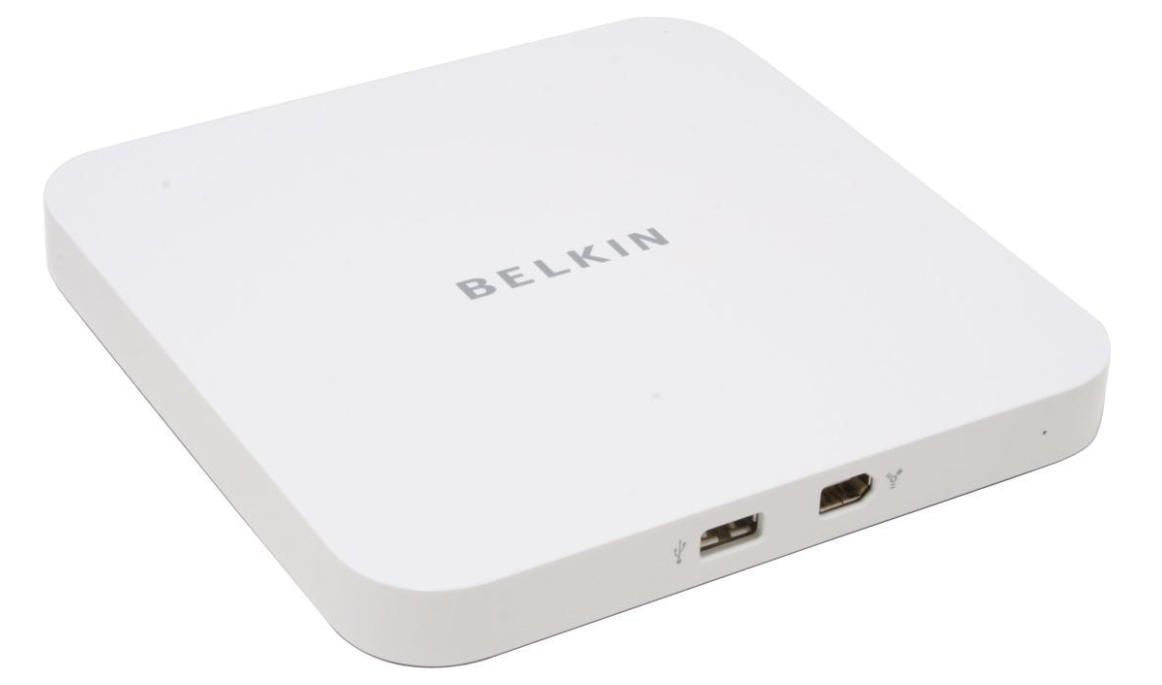What Is Firewire? [Definition & Working Principle & Differences Between USB]
What is Firewire?
Firewire, Firewire, also known as IEEE 1394, is a type of connection used for external electronic devices, such as digital cameras, scanners, printers, and external hard drives. It is also known by different brand names, including i.LINK by Sony and Lynx by Texas Instruments.

(image source: https://www.shutterstock.com/)
How Does Firewire Work?
Firewire is compatible with most Windows, macOS, and Linux systems, allowing for hot-swapping and plug-and-play functionality, enabling direct use without shutting down devices and automatic detection by the operating system when plugged in.
Firewire is a feature that allows it to work and communicate without a computer, making it useful for transferring data between electronic devices.
Differences Between Firewire and USB
Firewire and USB USB and HDMI are both widely used connection types that enable data transfer between external devices. However, they differ significantly in terms of transfer speed and usage. USB connections, which come in various types such as USB-A, USB-C, and USB-B, offer varying speeds and are commonly used for peripherals like keyboards, mice, and flash drives.
Firewire is slower than USB 3.1, with speeds of 800 Mbps compared to USB 3.1's 10 Gbps.
Firewire isn't as widely used as USB because it's primarily designed for handling data, making it less common in computers.
Firewire is also more expensive than USB due to its lower frequency of use.
There are significant differences between Firewire and USB, aside from the fact that they are both data transfer technologies. To learn more about these differences, you can read the provided text.pediaa articleThe two types of 120V LED strip lights differ in several aspects. One type is designed for indoor use, typically shorter in length (around 10-15 meters), and suitable for lower voltage (120V) and current (1-2A), with fewer signal lights (usually 30-50 LEDs).
How to Convert Firewire to USB
To make devices that use Firewire interface compatible with USB, we need to convert them into USB interfaces to enable data transmission. This is because Firewire is less frequently used compared to USB.
If you have a camera with a Firewire interface and want to import photos to a computer that doesn't support Firewire, using a Firewire to USB adapter can help you transfer the photos efficiently.
FireWire, also known as IEEE 1394, is a high-speed interface developed by Apple. It is used to connect devices such as hard drives, cameras, and other peripherals to a computer.
Converting Firewire to USB can be easily done using a Firewire to USB adapter. This adapter allows you to connect your Firewire device to a USB port, making it possible to transfer data or power the device using a USB connection.

Here's a step-by-step guide:
Step 1. Find a Firewire to USB adapter.
Step 2. Connect the Firewire interface to the Firewire-supported device properly.
Step 3. The USB interface is plugged into a USB-supported device, and being plug-and-play, no driver installation is required.
Step 4. When the connection is made, you can transfer data.

What is a USB to HDMI Adapter? What Is It Used for?
This guide explains the concept of USB to HDMI Adapter, what it is used for, the working principle, how to use it in Windows 10, and the difference between USB C and HDMI.

There is a device called a hub that can connect both USB and Firewire interfaces, allowing two devices to work together effectively. This device has two ports, one for USB and the other for Firewire, and acts as a transfer station to facilitate communication between the two.

(image source: https://c1.neweggimages.com/)
Wrap Up
The guide provides a comprehensive understanding of Firewire, its basic concept, how it works, its differences from USB, and how to convert Firewire to USB. If you have any problems, we are always here to help.
Related Articles
- WD Backup vs. Windows Backup - Which One to Choose
- Complete Guide of SATA Cable[Definition, Types, Usage & Differences]
- What Is DAS(Direct Attached Storage)?A Beginner Guide for DAS
- Tape Backup VS NAS, Which One Is Better?